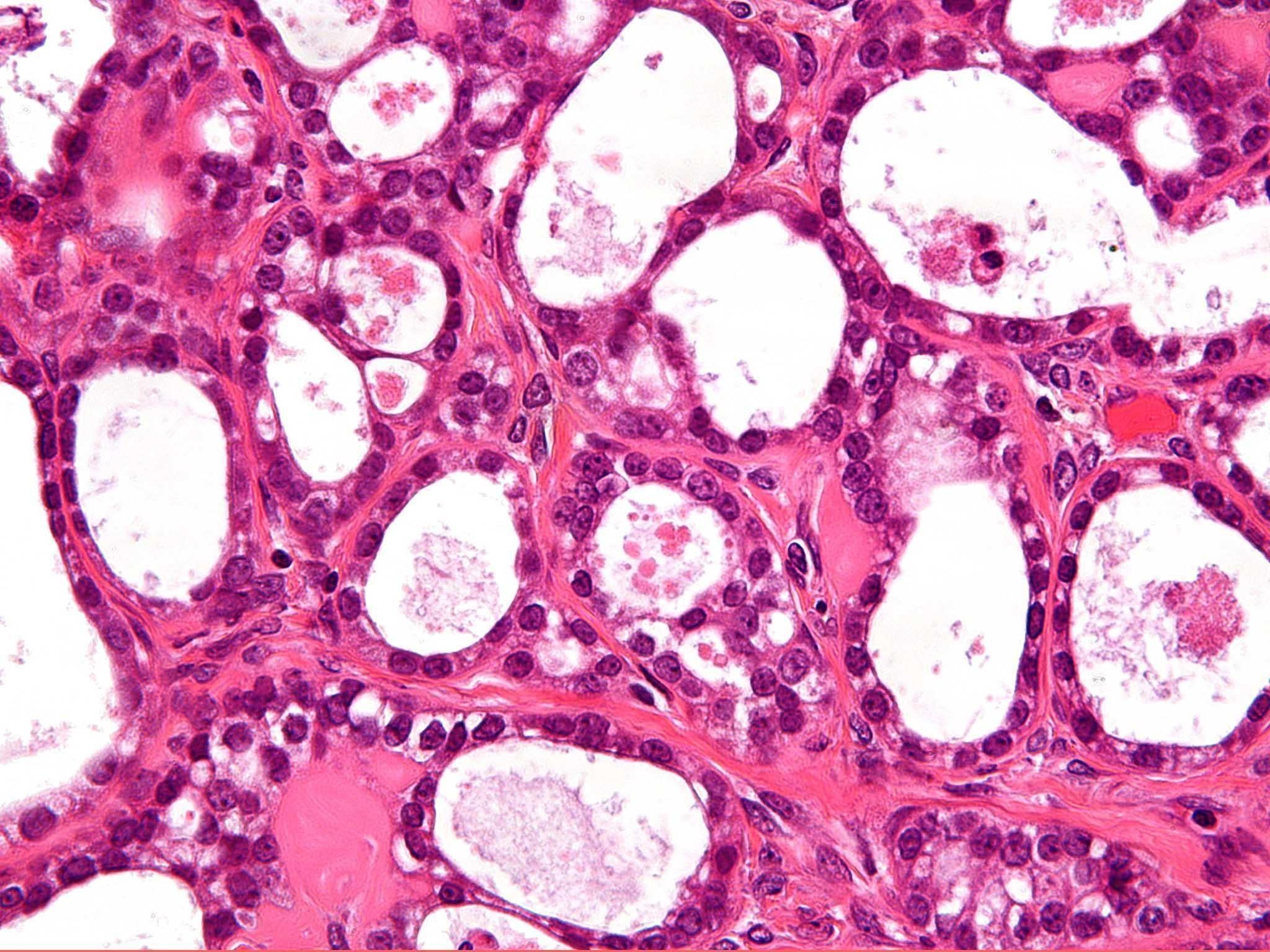Women with ovarian cancer enduring longer waiting times for treatment than other patients
‘They can often confuse ovarian cancer symptoms with more common conditions like IBS or the menopause,’ says expert

Your support helps us to tell the story
From reproductive rights to climate change to Big Tech, The Independent is on the ground when the story is developing. Whether it's investigating the financials of Elon Musk's pro-Trump PAC or producing our latest documentary, 'The A Word', which shines a light on the American women fighting for reproductive rights, we know how important it is to parse out the facts from the messaging.
At such a critical moment in US history, we need reporters on the ground. Your donation allows us to keep sending journalists to speak to both sides of the story.
The Independent is trusted by Americans across the entire political spectrum. And unlike many other quality news outlets, we choose not to lock Americans out of our reporting and analysis with paywalls. We believe quality journalism should be available to everyone, paid for by those who can afford it.
Your support makes all the difference.Women who have ovarian cancer are enduring longer waiting times for life-saving treatment than other cancer patients, new research has found.
A report, carried out by Target Ovarian Cancer, discovered it takes on average 69 days for a woman referred by a GP believed to have ovarian cancer to then begin treatment.
Researchers at the charity noted kidney cancer is the only form of cancer that takes longer to obtain treatment for.
The study does not capture the full extent of the problem due to not investigating the detrimental repercussions the Covid crisis has had on ovarian cancer patients’ treatment. Half of people going through treatment for ovarian cancer from June to July 2020 talk of suffering upheaval in their treatment for the illness.
Researchers warned long delays in receiving treatment routinely leads to women being “more acutely unwell” when they begin treatment, which can cause “worst outcomes”.
Alexandra Holden, who is deputy chief executive of Target Ovarian Cancer, said the causes behind the protracted waiting times for treatment are “complex” and must “urgently” be looked into.
She added: “It’s not helped by the fact that two-thirds of women with ovarian cancer are diagnosed late. They can often confuse ovarian cancer symptoms with more common conditions like IBS or the menopause, which can delay things further, and GPs often misdiagnose the symptoms as another condition like a UTI.”
She called for people to understand the symptoms and “be empowered” to seek help if they fear something is wrong with them.
“Late ovarian cancer diagnosis also means women need more complex treatment,” Ms Holden said. “This often involves major surgery and critical care support in hospital. We desperately need more research into better diagnostic tests and newer, more effective treatments.”
The report, which looks at 2018 statistics – the latest available – discovered women living in Britain from an Asian background waited 75 days from being referred to their treatment commencing, while black women waited 74 days. This is substantially longer than the 68 days white women were forced to wait.
Every day 11 women die from ovarian cancer, with two-thirds diagnosed with the disease once the cancer has already spread, which makes it more difficult to treat and increases the likelihood of it returning.
If doctors are able to diagnose ovarian cancer at the earliest stage, nine out of ten women will go on to live for half a decade or longer. Around one in ten survive if it is only caught at stage IV, the most advanced stage.
Each year, there are roughly 7,500 new ovarian cancer cases in the UK, with around 4,000 deaths taking place annually.
Annwen Jones OBE, chief executive of Target Ovarian Cancer, said: “Nobody should have to deal with the level of uncertainty caused by long treatment waiting times. Two thirds of ovarian cancers are diagnosed late and starting treatment sooner could have a significant impact on improving outcomes.
“Our analysis of NHS cancer statistics shows worrying variations in diagnosis, treatment and care. And these are pre-pandemic figures. It is imperative that we now work at pace to remove any and all barriers to excellent NHS care for everyone with ovarian cancer.”
Researchers discovered over half of those diagnosed with ovarian cancer in the wake of a visit to A&E are over the age of 70. Women older than 85 are twice as likely to be diagnosed in an emergency unit than women younger than 50.
Women who are diagnosed with ovarian cancer in A&E often find they have a more aggressive form of the illness, which can mean they have fewer treatment options to choose from.


Join our commenting forum
Join thought-provoking conversations, follow other Independent readers and see their replies
Comments